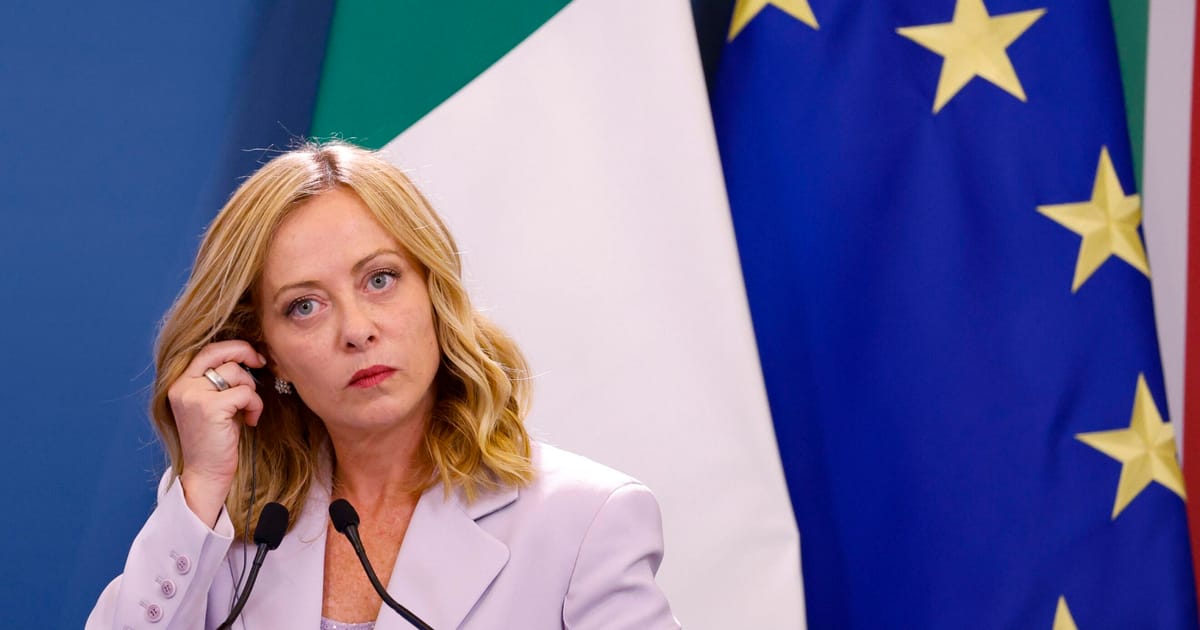

In a week marked by significant political and judicial developments, the European Union and various nations are navigating complex issues with profound implications. These include changes in asylum protocols within the EU, Slovenia’s pioneering step in foreign policy, and a high-stakes legal battle in Brazil. Each event underscores the intricate interplay of national and international policies, as countries respond to challenges in governance, humanitarian concerns, and justice.
In the European Union, recent decisions by the bloc’s top court have stirred a response from Italy. Prime Minister Giorgia Meloni has openly criticized the court’s judgment, which aims to make it more challenging for EU member states to reject asylum-seekers. Meloni voiced her concerns, accusing European judges of overreaching and infringing upon national sovereignty. This ruling is pivotal as it redefines the balance between the EU’s collective humanitarian responsibilities and individual state autonomy. The debate is part of a larger conversation across Europe on how to effectively manage migration and uphold human rights standards.
Meanwhile, Slovenia has distinguished itself within the EU by taking a bold step in its arms trade policies. Ljubljana has decided to halt all weapons trade with Israel, a move driven by the humanitarian crisis unfolding in Gaza. This independent action reflects Slovenia’s stance on global humanitarian issues, as the EU has yet to adopt a unified approach toward the situation. The decision signals Slovenia’s commitment to ethical foreign policy decisions aimed at promoting peace and supporting affected populations. It also sets a precedent for other EU countries that may be considering similar steps in response to international humanitarian crises.
In Brazil, tensions are high as the political landscape is shaped by judicial decisions and international interventions. Judge Alexandre de Moraes, who is overseeing the trial of former president Jair Bolsonaro, has been sanctioned by the United States. This development is rooted in a broader political context, with the move perceived as an attempt to influence the outcome of the case against Bolsonaro, who is accused of attempting a coup following the 2022 elections. The sanctioning of Judge de Moraes and the imposition of tariffs on Brazilian imports by the US have been described by some as part of a “cowardly and treasonous” plot to disrupt Brazil’s pursuit of justice and democratic stability. This situation underscores the fragile relationships between national sovereignty, judicial independence, and foreign policy dynamics.
These unfolding narratives highlight the interconnected nature of contemporary governance, international law, and diplomatic relations. As Italy negotiates EU asylum protocols, Slovenia takes a stand with its arms policy, and Brazil contends with judicial independence, each scenario reflects the ongoing struggle to balance national interests with international obligations. As nations confront these challenges, they are reminded of their roles within the global community, working towards solutions that reconcile national priorities with shared human values.
In conclusion, these events are emblematic of broader geopolitical shifts, where nations are increasingly required to navigate complex intersections of laws, humanitarian concerns, and political pressures. They serve as a reminder that, while each country faces unique challenges, the pursuit of peace, justice, and human dignity remains a common thread that binds nations together.
Source: {link}
